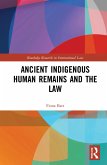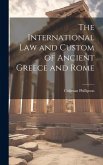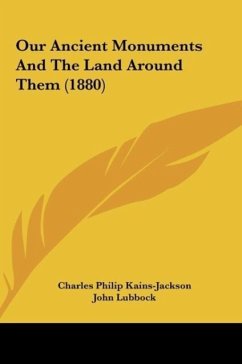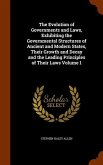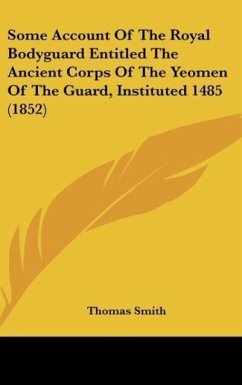xviii, 330 pp. The blending of myth and legal history evident in the body of literary and legal texts produced to debate the union proposals of James VI and I following the king's proclamation of them in 1604 illustrates the seamless nature of the legal and literary canons at a formative moment in the history of British-American constitutionalism. This case study focuses on one of the lesser known Union Tracts, George Saltern's 1605 Of the Antient Lawes of Great Britaine in conjunction with examples from various union tracts and contemporaneous works in British history, Calvin's Case and other judicial opinions, and works of British-American political thought to illustrate and evaluate the creative mix of mythical and historical elements present in the juridical historiography of the ancient constitution. King James's proposed 'restitution' of a realm which had in fact never previously existed in history-the unified realm of Great Britain-could only have been defended through such a blend of literary myth, history, and legal precedents. Furthermore, tracing the juridical historiography of ancient constitutionalism over the following centuries reveals the surprising extent to which ancient constitutionalist thought has continued to influence the development of British-American constitutionalism to the present day. The appendix includes a facsimile of George Saltern's Of the Antient Lawes of Great Britaine (1605). "Being immemorial, the Ancient Constitution could have no founding fathers, but needed fathers as ancient as could be found. Erin Kidwell traces them back beyond English into British history and beyond King Alfred to King Lear, King Arthur and Brutus of Troy. This is a valuable study in the mythology necessary to medieval and early modern constitutionalism and the political thought arising from it.--J.G.A. Pocock, Professor Emeritus, Johns Hopkins University, author of The Ancient Constitution and the Feudal Law. "Kidwell's erudite discussion faces squarely the modern inability to take ancient constitutionalism seriously." --David J. Seipp, Professor of Law and Law Alumni Scholar, Boston University School of Law. ERIN RAHNE KIDWELL is the Curator of Legal History Collections at Georgetown Law Library. She teaches two legal history courses at Georgetown Law: British Legal History: from the Celts to the Industrial Age, 1-1890 CE, and Early American Legal History: From Settlement to Reconstruction 1600-1880, where she has also taught an introductory law and literature seminar. Kidwell was the academic advisor for the Fall 2015 exhibit Age of Lawyers: The Roots of American Law in Shakespeare's Britain at the Folger Shakespeare Library. She received her J.D. Cum Laude from Capital University Law School and her LL.M. and S.J.D. from Georgetown Law.
Hinweis: Dieser Artikel kann nur an eine deutsche Lieferadresse ausgeliefert werden.
Hinweis: Dieser Artikel kann nur an eine deutsche Lieferadresse ausgeliefert werden.

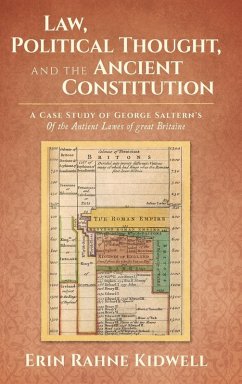
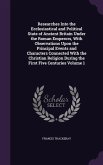
![A Treatise Concerning Political Enquiry, and the Liberty of the Press [1800] A Treatise Concerning Political Enquiry, and the Liberty of the Press [1800]](https://bilder.buecher.de/produkte/59/59400/59400305n.jpg)
